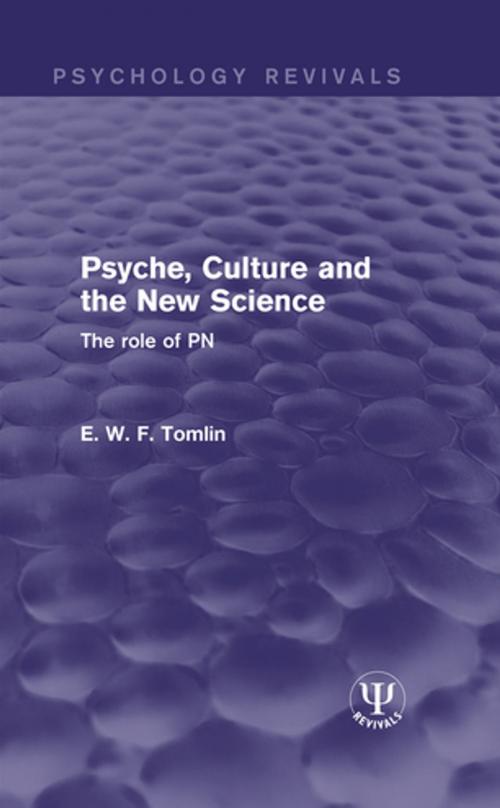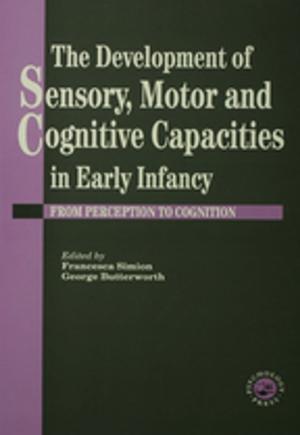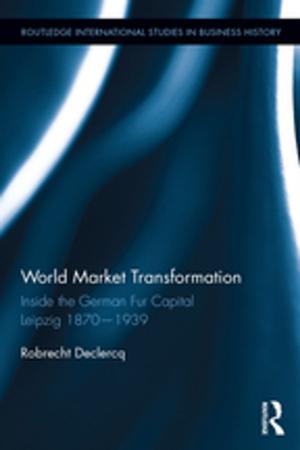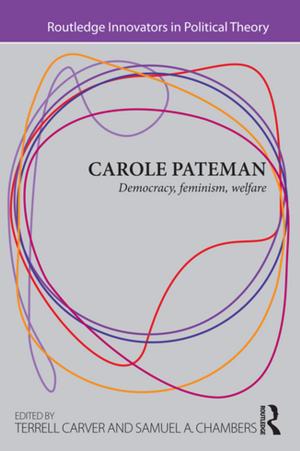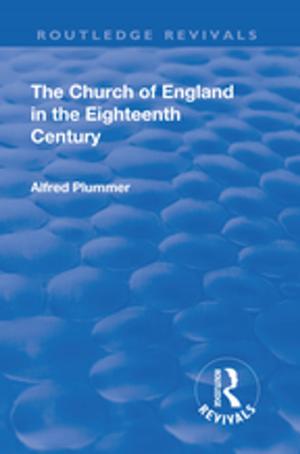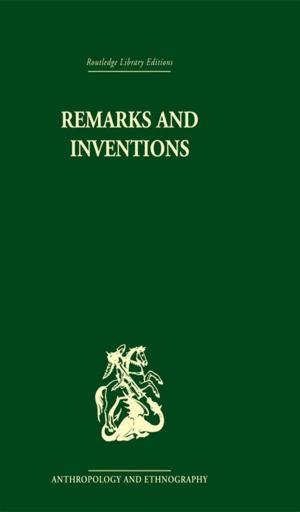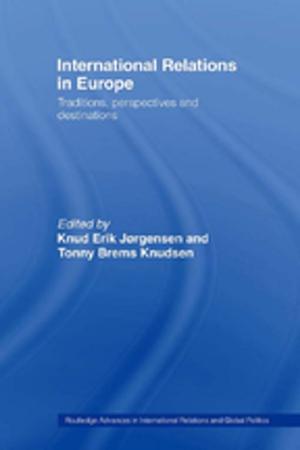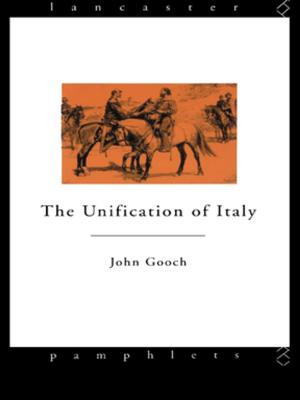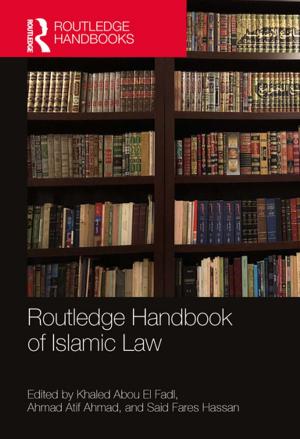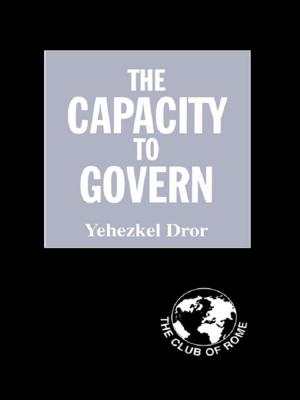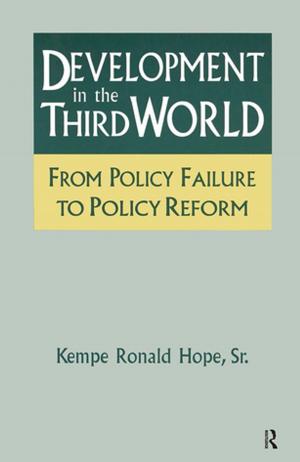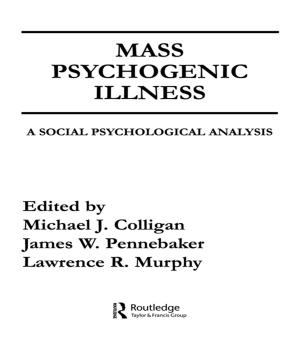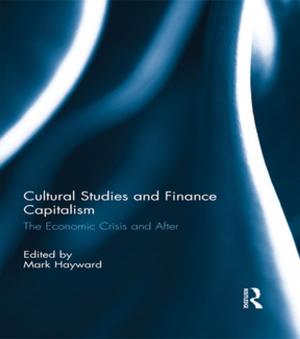Psyche, Culture and the New Science
The Role of PN
Nonfiction, Religion & Spirituality, Reference, Psychology of Religion, Health & Well Being, Psychology, History| Author: | E. W. F. Tomlin | ISBN: | 9781317226178 |
| Publisher: | Taylor and Francis | Publication: | March 10, 2016 |
| Imprint: | Routledge | Language: | English |
| Author: | E. W. F. Tomlin |
| ISBN: | 9781317226178 |
| Publisher: | Taylor and Francis |
| Publication: | March 10, 2016 |
| Imprint: | Routledge |
| Language: | English |
Originally published in 1985, this distinguished and constructive critique of modern culture introduced into our language a brand-new term, ‘PN’, standing for ‘psychic nutrition’, which at the time promised to become a household expression.
Drawing on his first-hand knowledge of oriental civilizations; on discoveries of Jung, especially his concept of psychic energy; on the ideas of the cultural anthropologists; and not least on the New Science implicit in microphysics and microbiology, E.W.F. Tomlin, whose philosophical books have been translated into several languages, shows how the human psyche requires its own kind of nourishment just as urgently as the body needs food. In the industrial societies of the West, this need has often been ignored. Reformers, in their earnest though sometimes inept endeavours to create a better world, have too often exposed us to the dangers of psychic starvation and the noxious effects of what may be called ‘neg-PN’. Here lie the roots of violence and the lack of direction so conspicuously afflicting modern man and woman. Examples of PN, positive and negative, are given, lending the book an immediacy and practical character often lacking in studies of this kind.
In the new scientific approach here adopted, the divisions between matter and life, and life and mind, are discarded, and the old conflict between science and religion shown to belong to an out-of-date world view. The result is a radical reappraisal of the nature and function of religion and art, the two great psychic forces in history. Indeed, the present crisis is shown to originate in the psychic sphere rather than in the political and economic order. Deeply felt and elegantly written, yet not lacking in wit and humour, the book ends with some concrete ideas on how a more balanced culture may be achieved.
Originally published in 1985, this distinguished and constructive critique of modern culture introduced into our language a brand-new term, ‘PN’, standing for ‘psychic nutrition’, which at the time promised to become a household expression.
Drawing on his first-hand knowledge of oriental civilizations; on discoveries of Jung, especially his concept of psychic energy; on the ideas of the cultural anthropologists; and not least on the New Science implicit in microphysics and microbiology, E.W.F. Tomlin, whose philosophical books have been translated into several languages, shows how the human psyche requires its own kind of nourishment just as urgently as the body needs food. In the industrial societies of the West, this need has often been ignored. Reformers, in their earnest though sometimes inept endeavours to create a better world, have too often exposed us to the dangers of psychic starvation and the noxious effects of what may be called ‘neg-PN’. Here lie the roots of violence and the lack of direction so conspicuously afflicting modern man and woman. Examples of PN, positive and negative, are given, lending the book an immediacy and practical character often lacking in studies of this kind.
In the new scientific approach here adopted, the divisions between matter and life, and life and mind, are discarded, and the old conflict between science and religion shown to belong to an out-of-date world view. The result is a radical reappraisal of the nature and function of religion and art, the two great psychic forces in history. Indeed, the present crisis is shown to originate in the psychic sphere rather than in the political and economic order. Deeply felt and elegantly written, yet not lacking in wit and humour, the book ends with some concrete ideas on how a more balanced culture may be achieved.
